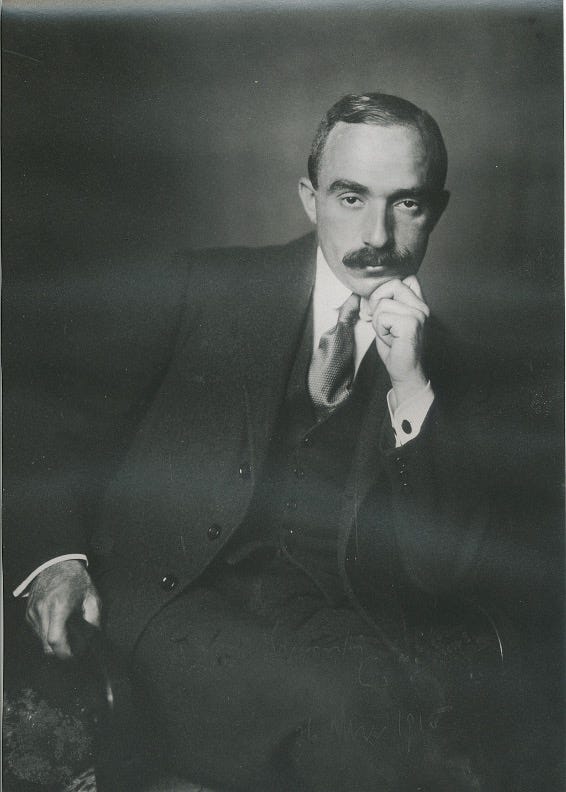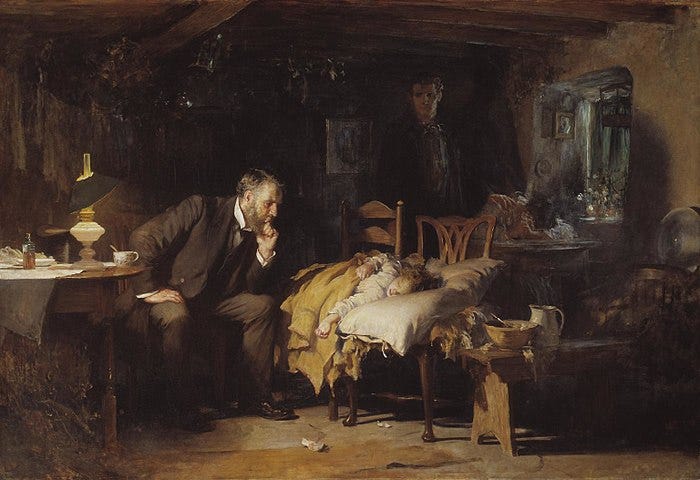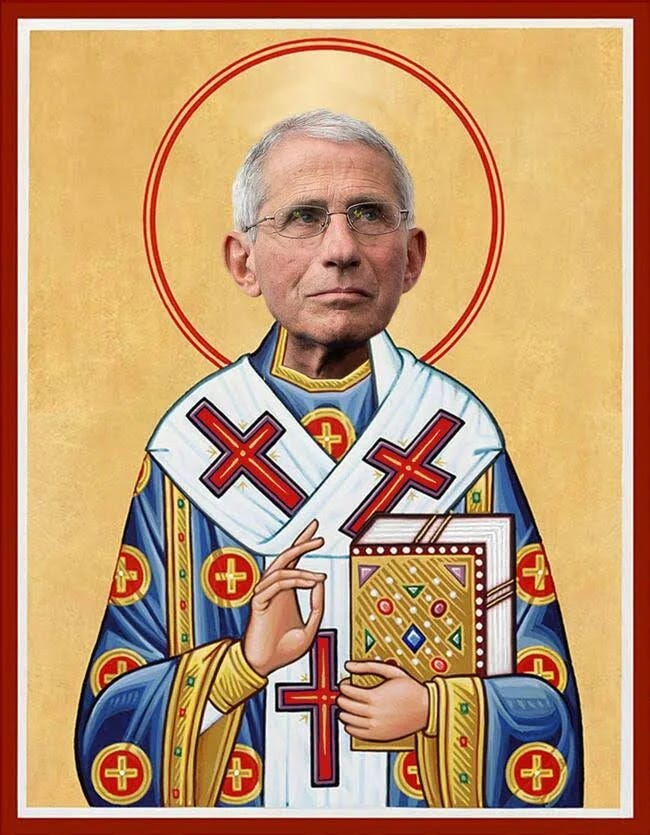I was lucky enough to have met a most remarkable physician and human being when I was very young….
Growing up in the 1950’s, I, like most children of that time, was exposed to multiple infectious diseases. It seems as though I got most of them: measles, mumps, chicken pox, scarlet fever, etc.. Polio was the dreaded monster that parents feared. But a miraculous vaccine was invented by Jonas Salk and everyone was grateful.
I did not contract polio, thankfully, but some of my friends did. Nevertheless, it seemed I was sick more than most. I missed a lot of school. My parents took me from doctor to doctor, but nobody seemed able to come up with a reason or a treatment. Then they took me to Dr. Karl Kassowitz, and my life changed.
His youth in Vienna
When I knew him:
Dr. Kassowitz was a most admirable man. He was born in Vienna, Austria in 1886 and was the son of Dr. Max Kassowitz, a world-famous professor of pediatrics and Director of the Erste Öffentliches Kinder-Krakeninstitut (First Public Institute for Sick Children). Max gave Sigmund Freud his first job. When Freud arrived in Vienna his primary interest was cerebral palsy:
https://ub.meduniwien.ac.at/blog/?p=35134
Karl spent his early years here in the inner city of Vienna, before the Kassowitz family home became the new site of the Max Kassowitz Institute:
I walked past this corner many times when I was a student in Vienna in 1969-1970.
The Kassowitz family moved to this house in Grinzing, a suburb of Vienna, less than two blocks from where my future wife lived when she was also an American student:
(Dr. Kassowitz’s mother, Emilie, was famous in her own right: https://de.wikipedia.org/wiki/Emilie_Kassowitz . She died in 1938 and the home was eventually sold in 1941 at the depressed rate accorded to Jewish property. Dr. Kassowitz tried to obtain his share of the compensation after the war. Although this is beyond the scope of this substack, the grief he suffered in this attempt appalls and angers me and can be viewed here at the National Archives website: )
Dr. Karl Kassowitz was caught up in the First World War and served as an Army physician. He was captured on the Russian front and sent to a prison camp in Siberia. He managed a daring escape and journeyed on foot to China, traveled to the United States and eventually returned to Austria after internment in Gibraltar for the rest of the war . He wrote about this in “Around the World on Fire”:
https://www.acpjournals.org/doi/10.7326/0003-4819-9-8-1159_1
He imigrated to the US and eventually became one of the first pediatric specialists in Milwaukee. He continued to be an academic and clinical force on the faculty of the medical school of Marquette University. He diagnosed that my problem stemmed from my tonsils. After they were removed, my heath improved dramatically.
I have no personal knowledge of Dr. Kassowitz’s faith. I do know he had a deep appreciation of his Creator and brought a definite spiritual dimension to the care of his patients. A copy of this painting, The Doctor by Sir Luke Fides in the Tate Gallery in London, hung for years in my office and captured my memory of his dedication:
When I was trying to decide on my own future as related in this prior substack submission:
I worked as an orderly in surgery at a hospital in Milwaukee. There I came into contact with a general surgeon who had spent years as a medical missionary in India. Here too was a clear example of an individual in whom The Spiritual was an integral part of medicine. I was impressed, and that experience helped form my own decision to enter medical school.
In medical school, Dr. Harold Borkowf taught obstetrics and gynecology.
He delivered all three of our children. Even though I was not interested in the subjects (delivering babies terrified me!), Dr. Borkowf was the shining inspiration in an otherwise fairly dim landscape. He was the kind of physician I wanted with all my heart to emulate. God was important to Dr. Borkowf. Not in a virtue-signaling way, but in a real, genuine way. His care of patients was literally a form of worship.
This was in contradistinction to most of the people around me. Most considered themselves realists…scientists…those who did not “need” a higher power in their lives. Yes there were exceptions, but to recommend that perhaps we should involve a chaplain in the care of a patient, especially one with a bad disease, would invite quizzical looks.
It was different at some of the private hospitals. Many of these were founded by religious communities, both Christian and Jewish. The chaplain, to varying degrees, was still a member of the care team. In the academic teaching hospitals, however, they were mostly invisible. Some of my colleagues even openly criticized those “religious nuts” who would try to interject some spiritual care to those dying. After all, we were interested in the physical…in the logical…in the SCIENCE of medicine!
All of that inexplicably changed in 2020….
Things like this popped up:
They may have been marketed as a “funny candle”, but there was a more serious side to the cult-like adoration many expressed towards the “saints” of our struggle against COVID. Those of us who attempted to use actual data and logic to convince our colleagues of the need for early treatment of this disease were shot down by a blind faith in the pronouncements of the CDC, NIH, FDA and AMA. Even when faced with the obvious and verifiable inconsistencies of the stance of these agencies and the physicians who quoted them, it made no difference, no difference at all. It was as if we were attempting to win a “convert” from somebody already committed to a new and strange spiritual worldview: a blind faith in Public Health Institutions. Logic and data held no sway to those, who a short time before, claimed to be led ONLY by logic and data. Something else was going on….
The role of the hospital chaplain has suddenly become important, front and center. Only it isn’t ALL chaplains, only those who espouse a certain sort of spiritual world-view:
Those who hold a more traditional view, especially a Judeo-Christian world view, are still viewed as the “intolerant haters” they were considered to be in this article from 6 years ago:
https://time.com/3450525/atheists-arent-the-problem-christian-intolerance-is-the-problem/
And it continues to have its effect:
The role of the secular chaplain is championed:
https://www.tandfonline.com/doi/full/10.1080/08854726.2022.2040894
On pages 184-185 of The Courage to Face COVID-19, John Leake and Peter McCullough reference dialog in the 1995 film, “The Usual Suspects”:
“The greatest trick the Devil pulled was convincing the world he didn’t exist”. The quote itself has an interesting history:
https://quoteinvestigator.com/2018/03/20/devil/
Right up there is the trick convincing healthcare professionals that chaplains with a Biblical worldview are haters while secular chaplains are somehow holy…..Intolerance is the ultimate sin, except when it is intolerance toward Believing Christians and Jews. In that case, intolerance is the ultimate virtue.
Amazingly enough, this new “spirituality” has succeeded in destroying logic.
Yes, healthcare is becoming more spiritual….as long as that spirituality doesn’t include a Creator or support a Biblical worldview.
I feel very blessed to associate with others to whom medicine has a real spiritual dimension, and who put this into practice even when it extracts a very real price. People like Peter McCullough, Harvey Risch, Pierre Kory, so many others and all my colleagues at Truth for Health, are standing up. There are many who have risen to greatness because of the Evil they battle every day. Thanks, to each and every on of you! I am honored and privileged to share the foxhole with you.










In the patient role, I appreciate any caregiver that draws upon THE Great Physician in their practice. It is clear that we, as humans, don't have all the answers. We can draw on the Source that knows us and created us. Thank you for your courage to write this article.
Thank you so much for this substack. I retired a year ago tomorrow after 44 years at the bedside, because of the vaccine mandate. However, I was so blessed to work in a setting where I was able to draw on my Catholic faith, not just with my PICU families and patients, but with my fellow nurses, doctors, residents and ancillary staff. The HCA hospital I worked at did not allow any clergy for a period of time during the pandemic except the hospital chaplains, and also got rid of 24/7 chaplain coverage. That meant many times when death was imminent, I was called upon to offer that support to patients, families and staff when there literally was no one else that could or would. It was terribly hard, but I have no regrets, and could not have done it without Him beside me.